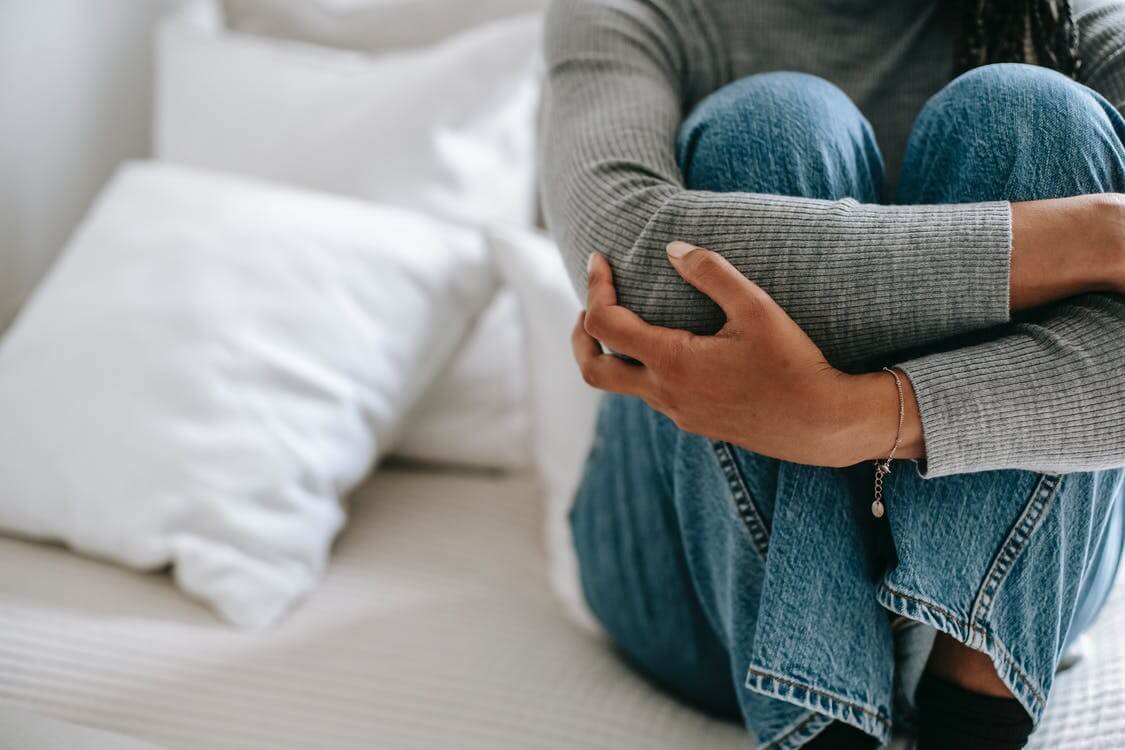
7 Signs of Pelvic Inflammatory Disease
WHAT IS PELVIC INFLAMMATORY DISEASE?
Pelvic Inflammatory Disease (PID) is an infection of the reproductive organs in people with vaginas, caused by bacteria. The bacteria can be transmitted in many ways. It is commonly caused by STIs (Sexually Transmitted Infection) or other infections, although not always transmitted through means of sexual intercourse.
Pelvic Inflammatory Disease occurs when the bacteria spread from the vagina (middle opening) to organs such as the uterus, fallopian tubes, or ovaries. Many different types of bacteria can cause Pelvic Inflammatory Disease, even just normal bacteria usually found in the vagina, that has just traveled up to the other reproductive organs. The symptoms can vary from mild to severe, or sometimes even unnoticeable.
However, if not treated properly, Pelvic Inflammatory Disease can cause permanent damage to your reproductive system, which may cause ectopic pregnancy, infertility, ovarian abscesses, or chronic pelvic pain. Because of this, it is incredibly important that you consult with a professional as soon as you notice any signs of Pelvic Inflammatory Disease, as well as educate yourself on what signs to look out for.
SYMPTOMS OF PELVIC INFLAMMATORY DISEASE
Symptoms can vary from person to person and are sometimes completely unnoticeable, or so mild that you may not suspect PID until chronic pain develops or you have trouble getting pregnant. However, noticeable symptoms may include:
- Pain in the lower abdomen
- Bleeding between periods
- Painful urination
- Painful sex
- Bleeding during sex
- Unusual vaginal discharge with odor
- Fever
If you notice any of the signs of Pelvic Inflammatory Disease described above, you should consult with your doctor. It is also a good idea for you and your partner(s) to regularly get tested for STIs, as well as be open and honest with your healthcare provider about your sexual health history and practices, or about the possibility of STIs.
Understandably, with the historical-cultural shame surrounding these topics, they can be difficult to discuss. However, it is incredibly important to prioritize your personal health; and a good first step towards disbanding unreasonable societal shame about a topic is to normalize speaking about it. Sex is totally normal and acceptable, for all people!
AM I AT RISK OF GETTING PELVIC INFLAMMATORY DISEASE?
There is a chance of having PID if you do any of the following:
- Have had Pelvic Inflammatory Disease before
- Are sexually active and younger than 25
- Have more than one sexual partner
- Have a sexual partner that has had other sexual partners
- Use a douche
- Use an IUD (intrauterine device) for birth control
- Have an STI and do not seek treatment
HOW CAN I PREVENT PELVIC INFLAMMATORY DISEASE?
The so-called “best” way to prevent the risk of Pelvic Inflammatory Disease is complete abstinence from all sexual activity, with or without partners’ involvement (meaning masturbation). However, let’s be real: that’s very unrealistic. We’re all human, right? There’s no shame in the fact that we have the need to incorporate sexual activity in our life regularly! So rather than being scared of or shaming sex, let’s discuss some ways to just be more careful in our normal routine to help prevent bacterial infection.
- You and your partner(s) should always wash your hands and genital areas prior to any solo or partnered internal or external sexual play.
- You should also wash any sexual aids prior to any solo or partnered external or internal sexual play.
- Use protection, including but not limited to condoms and dental dams during partnered play.
- If you choose to forgo any protection, it’s encouraged that both you and your partner(s) are up to date with all STI testing.
- Be sure to change out your period products in a timely manner during your menstrual cycle.
- If using reusable period products, make sure you wash them appropriately and according to instructions provided by the product manufacturer.
- Use water to wash your external genitalia; no need to wash inside the vaginal or middle canal.
- Lastly, discontinue the use of a douche if you are using one. This can actually upset the natural balance of bacteria in the vagina and isn’t recommended by health professionals.
It may be a good idea to have a healthy conversation about these practices and Pelvic Inflammatory Disease with your partner(s). Awareness is beneficial for all parties! Understanding the risks, causes, and signs of Pelvic Inflammatory Disease is how you can best prevent it.
TREATMENT FOR PELVIC INFLAMMATORY DISEASE
If you show signs of Pelvic Inflammatory Disease, it is best to speak with a professional in order to get an official diagnosis, which can then lead to treatment options. If detected early enough, PID can be cured. However, if not treated early enough, it may cause permanent damage to the reproductive organs. As mentioned before, the long-term damage caused by PID can cause infertility, chronic pelvic pain, ovarian abscesses, or ectopic pregnancy.
Because of such long-term effects, it is imperative that you do not wait to get treated, and should not assume the infection is no longer present just because the symptoms subside; especially after beginning treatment. Be sure to follow your doctor’s instructions for taking medication during treatment for the entire duration of the treatment.
Also, be aware that you are capable of getting Pelvic Inflammatory Disease more than once. You have a higher chance of getting Pelvic Inflammatory Disease if you’ve had it before. If you or your partner(s) do become diagnosed with Pelvic Inflammatory Disease, it is best to not engage in sexual activity until both parties have completed full treatment, or you may, unfortunately, risk contracting PID again. Even without symptoms, your partner(s) should also be tested for Pelvic Inflammatory Disease.
Pelvic Inflammatory Disease is treated with antibiotics. However, antibiotics do not cure the scarring or long-term damage that may be caused by Pelvic Inflammatory Disease, which is why you must seek diagnosis or treatment as soon as symptoms or possible causes are realized.
Depending on the severity of the infection, hospitalization or surgery may be recommended, although these are rare cases. Preventing the infection from getting too severe is the best way to have effective treatment, so be sure to consult with a doctor if you notice any signs of Pelvic Inflammatory Disease.
TREATMENT OPTIONS WITH DR. LAURA MEIHOFER
When experiencing symptoms of Pelvic Inflammatory Disease, the muscles of the pelvic floor may become fatigued from constant pain or delayed healing. For rehabilitation of these muscles, pelvic floor physical therapy is recommended. Physical therapy of the pelvic floor can help relax and strengthen the muscles of the affected area.
Want to consult with a professional to determine if you can benefit from pelvic floor physical therapy? Book a FREE 20-minute consultation with Dr. Laura Meihofer HERE.
Or, if you would like to learn more about all things pelvic health, head over to my Instagram! I am passionate about educating and helping you on your personal health journey. Therefore, I’m always available for questions in my DM’s.
More content you may like:
Some of the links on this page may be affiliate links. Laura Meihofer’s LLC is a participant in the Amazon Associates Program and others, as an affiliate advertising program designed to provide a means for sites to earn advertising fees by linking to products Laura organically uses and trusts. If you purchase a product through an affiliate link, your cost will be the same, but Laura will automatically receive a small commission. Your support is greatly appreciated and helps her spread the message about pelvic health!








Sorry, the comment form is closed at this time.